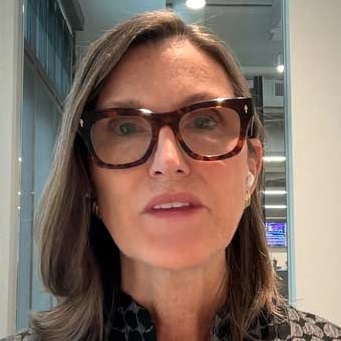Scott and Aldridge run the fund using a barbell strategy. They buy dividend-paying large-cap stocks to generate income and also dip down the market cap ladder for racier growth stocks to boost capital growth (the fund's relatively small asset base is a help in this regard). In assessing a stock’s income potential, the managers look at a company’s ability to pay dividends out of profits earned and also metrics such as earnings per share and dividend yield, all relati
ve to the UK market. Moreover, Scott and Aldridge also search for value by leaning towards stocks with lower price-to-earnings ratios relative to the UK market. All of the above has led to a portfolio that has a forward price-to-earnings ratio below its average Morningstar UK Large Cap Value Equity peer but has what management believes are above average dividend growth prospects.
The strategy has led to a strong track record thus far. The fund ranks in the top quartile of its Morningstar UK Large-Cap Value Equity category from the beginning of Scott and Aldridge’s tenure to the end of May 2008. However, the significant small- and micro-cap exposure (to the tune of 23%) does present risk. Small stocks are more volatile than large caps and can suffer from a higher degree of business risk. Furthermore, the fund’s 16 per cent exposure to micro-cap companies exposes the portfolio to liquidity-constrained issues, which can amplify losses in falling markets.
That wouldn't be enough to put us off this fund--we think highly of Scott and Aldridge and believe they can use the flexibility to add value. But there are other issues: First and foremost, Friends Provident, who own 52% of F&C, has been shopping it around in an effort to shore up its own books. The uncertainty surrounding the firm’s ownership is unsettling, and sales of asset managers often result in poor outcomes for fund shareholders. Moreover, F&C has recently eliminated its career analyst staff and boosted management fees on a number of funds, including this one, which saw an increase from 1.25% to 1.5%. The firm says the analyst cut was intended to solve the problem of high analyst turnover and to trim costs. Those six analysts’ coverage lists have been spread across the fund manager ranks, with each manager now responsible for covering an economic sector. Scott and Aldridge already co-manage two other funds from F&C’s Stewardship range, and Aldridge was recently handed another fund to run on her own. The overall picture is one of rising fees and fewer resources.
We like this fund, but uncertainty regarding the firm’s ownership, the decrease in analyst resource, and increasing fees detract significantly from its appeal.























